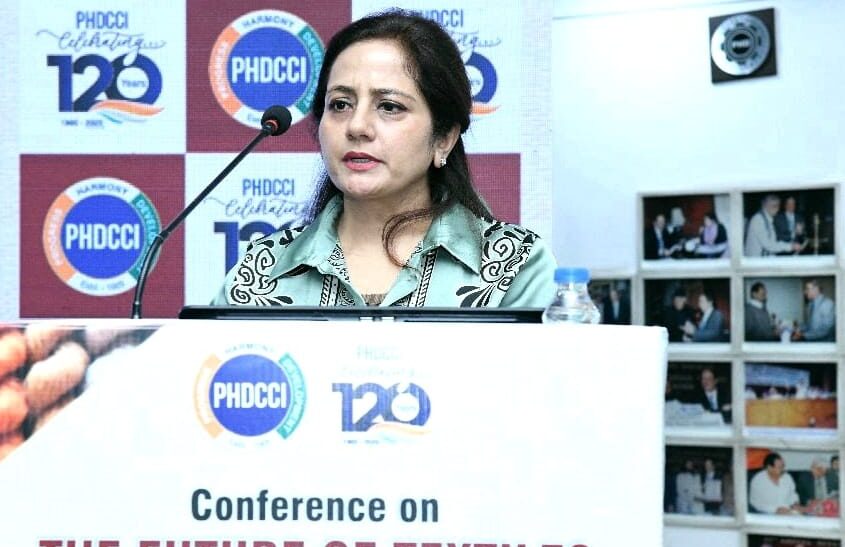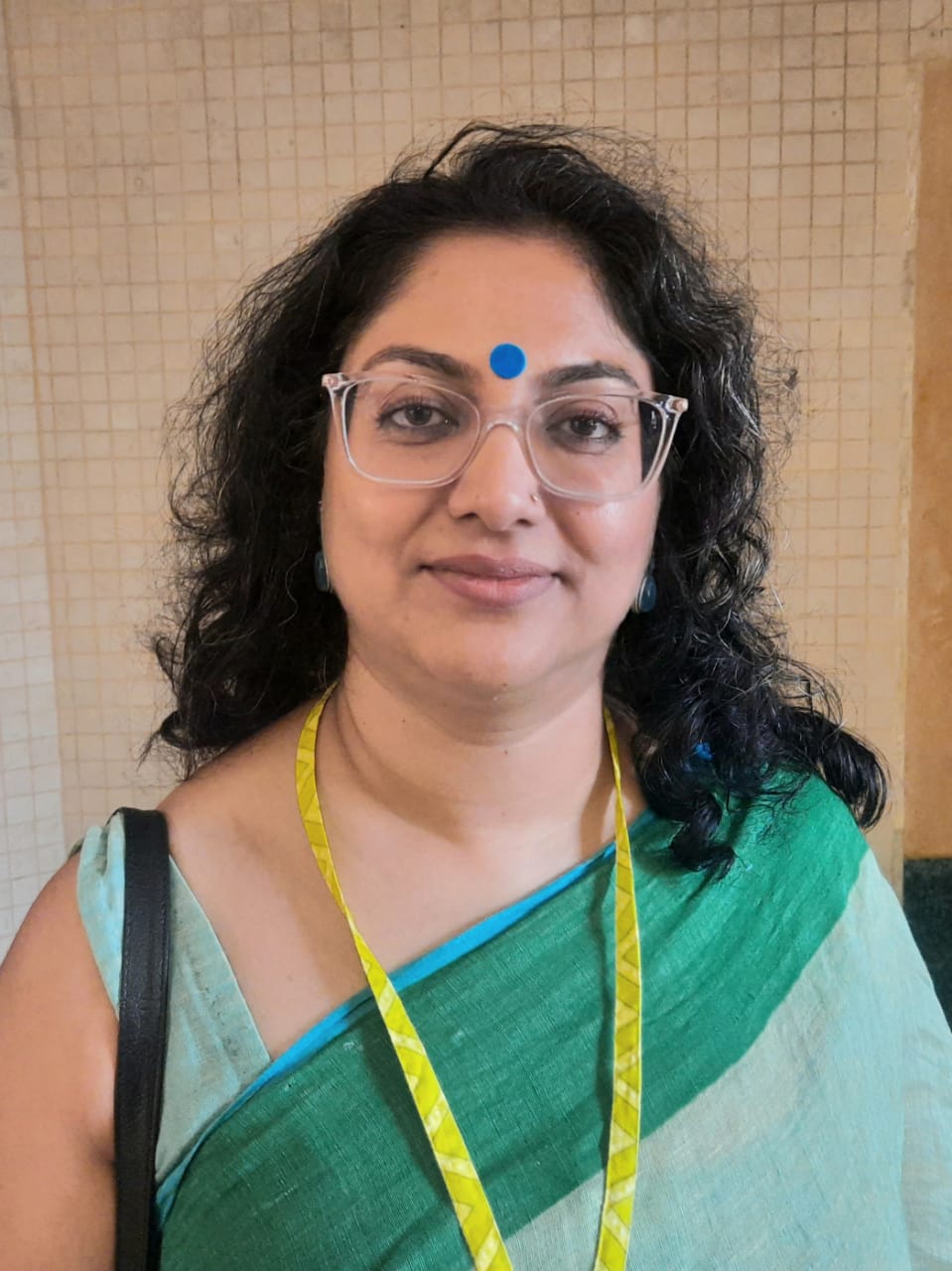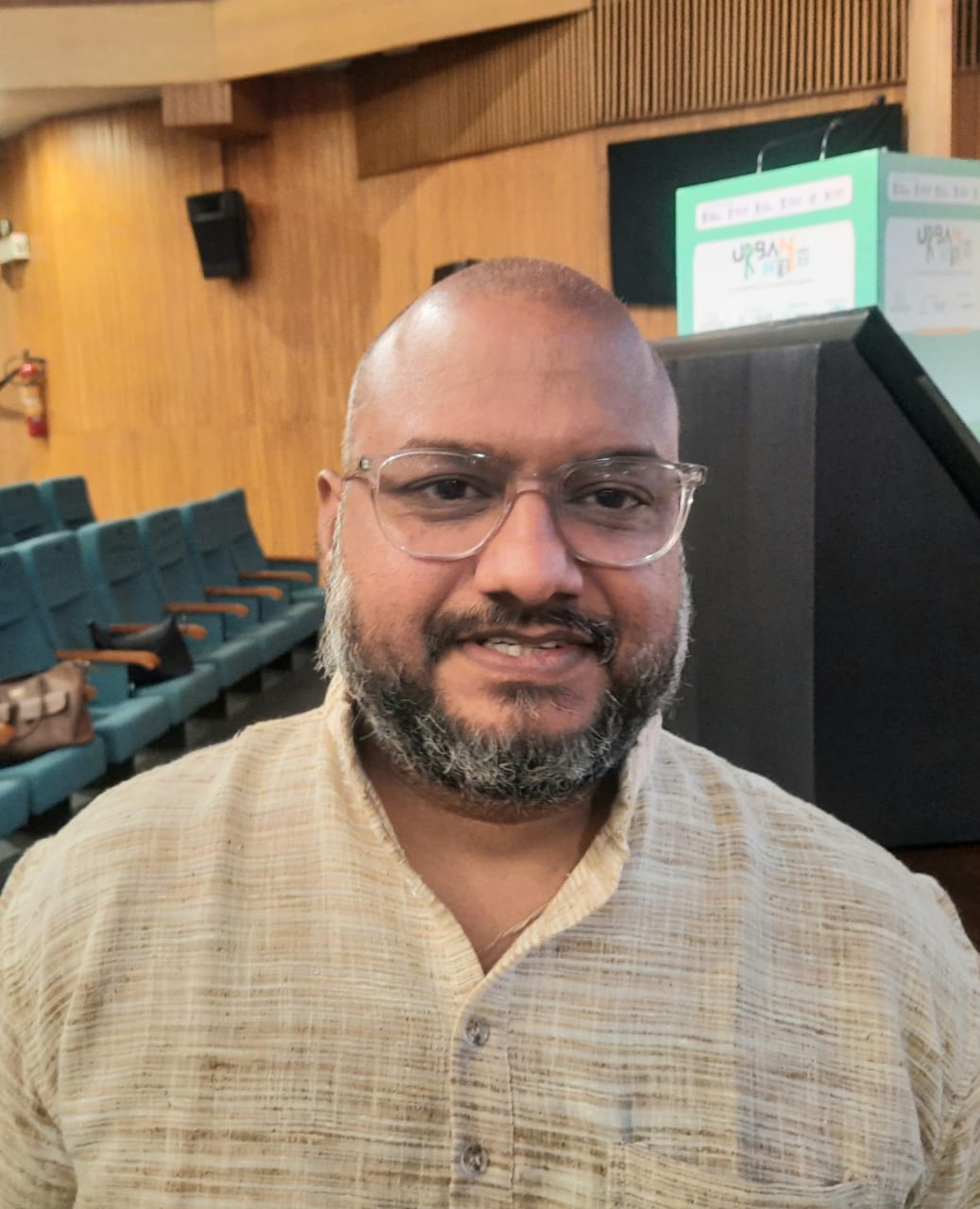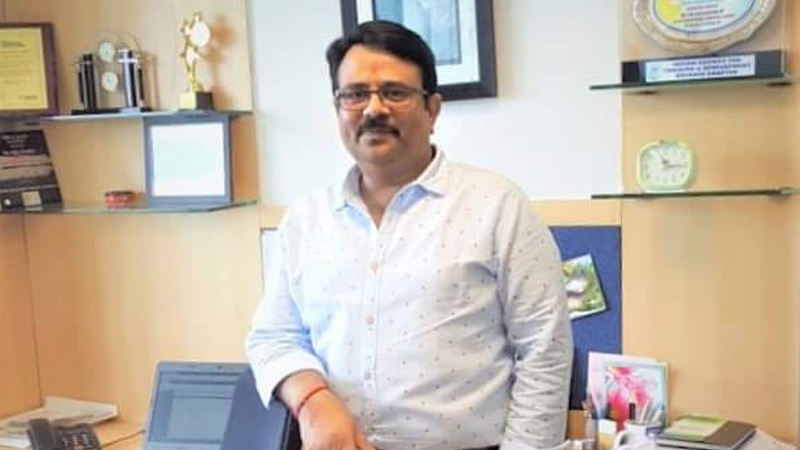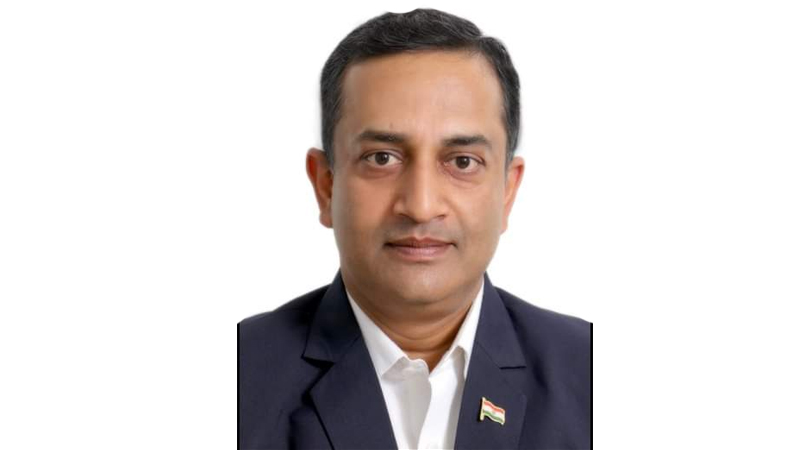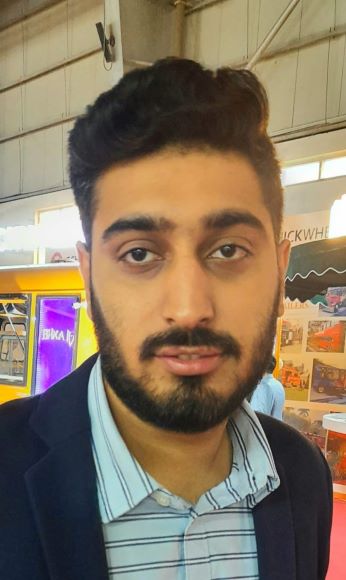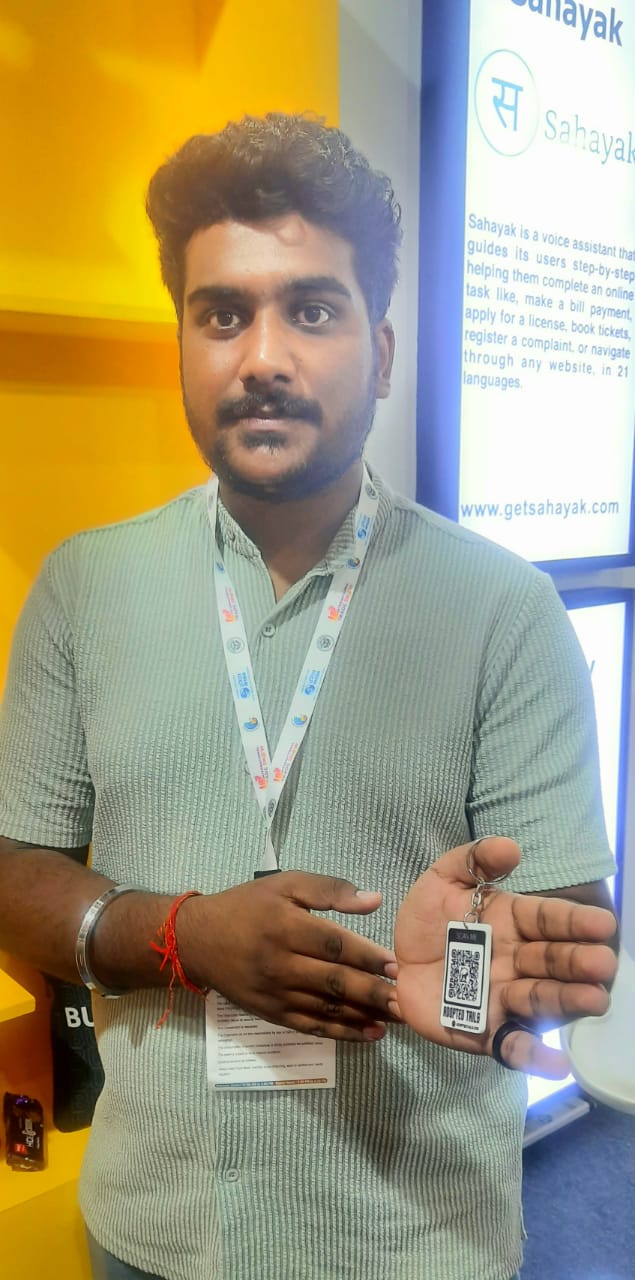Waste2Wear, a trailblazing Dutch enterprise, redefines sustainability by converting plastic waste into premium, traceable textiles. Founded in 2007 by visionary textile engineer Monique Maissan, the company now spans operations across nine countries. It transforms recycled PET bottles and polypropylene—sourced from discarded appliances—into high-performance fabrics.
What sets Waste2Wear apart is its groundbreaking integration of blockchain technology. This innovation guarantees end-to-end transparency, enabling consumers to trace every product from the point of waste collection to its final textiles. In doing so, the company directly combats the pervasive issue of greenwashing and sets new benchmarks for accountability in the fashion and textile industry.
Among its most distinguished milestones, Waste2Wear introduced the world’s first collection of fabrics made from ocean plastics. This initiative not only mitigates marine pollution but also revitalizes local livelihoods, embodying a seamless blend of environmental stewardship and social impact.
In an exclusive dialogue with The Interview World at the Conference on The Future of Textiles – Challenges and Opportunities in Man-Made Fibres, organized by the PHD Chamber of Commerce and Industry (PHDCCI), Ruma Kinger, Managing Director of India Operations at Waste2Wear, shared her vision. She discussed strategic initiatives to fortify traceable textile supply chains, offered insights into evolving global buyer expectations, outlined her aspirations for man-made fibres, and highlighted transformative actions aimed at accelerating the production of sustainable textiles.
Here are the key takeaways from her compelling and insightful conversation.
Q: Can you elaborate on the key initiatives Waste2Wear has undertaken to strengthen the supply chain for traceable textiles?
A: Waste2Wear pioneers a fully traceable supply chain powered by blockchain technology. We empower brands seeking sustainable, recycled products from India by offering end-to-end sourcing solutions that are both environmentally responsible and technologically transparent.
From waste collection to fibre production, yarn creation, and final apparel manufacturing, every stage of the product’s journey is meticulously documented. Each step is authenticated with a QR code, ensuring complete traceability. This allows brands and their customers to scan the code and instantly access the entire lifecycle of the product—from recycled PET bottles to finished garments.
Our focus is on transforming plastic waste into high-quality yarns, fibres, and apparel, while maintaining absolute transparency. In doing so, we help brands meet their sustainability goals with confidence, backed by data-driven accountability.
Q: Could you share insights into your key global buyers?
A: We proudly manufacture bags for several prestigious global brands. Among them is Oroton, an iconic Australian luxury label. We also collaborate with Victoria’s Secret UAE, delivering products tailored to their regional market. Additionally, we partner with Fabienne Chapot, a distinguished European brand known for its high-fashion garments.
These are just a few examples that reflect the trust and recognition we’ve earned across diverse markets and fashion segments.
Q: How do you envision the future of man-made fibres, particularly in the context of innovation, sustainability, and evolving consumer demand?
A: The future of man-made fibres (MMF) looks exceptionally promising. Currently, MMFs command nearly 78% of the market share—a dominance driven by both the declining availability and inconsistent quality of cotton. India’s cotton output, in particular, has struggled to meet global expectations.
Moreover, the demand for MMF has surged post-COVID, propelled by the global rise of loungewear, sportswear, and athleisure. These segments have firmly established MMF as the preferred material for comfort, performance, and durability.
Looking ahead, MMF is poised for sustained growth. For investors and industry stakeholders, channelling resources into this segment represents not just a smart move—but a strategic one aligned with evolving consumer preferences and global textile trends.
Q: What key measures, aligned with international standards, should India adopt to boost sustainable textile production on a national scale?
A: At Waste2Wear, we are committed to ensuring true sustainability in every product we create. Simply marketing a product as sustainable is not enough—compliance and certifications are essential. Our approach integrates blockchain technology, capturing the product’s entire journey from start to finish. This guarantees complete traceability and transparency.
We work exclusively with supply chain partners who meet stringent compliance standards. Before onboarding any partner, we conduct a thorough review of their certifications and adherence to sustainability practices. Only those who meet our rigorous criteria are included in our network.
While many claim to offer sustainable products, true sustainability requires more than just a label. It demands genuine efforts in recycling, from PET bottles to fabrics and apparel. The need for such comprehensive recycling solutions is more urgent than ever.


